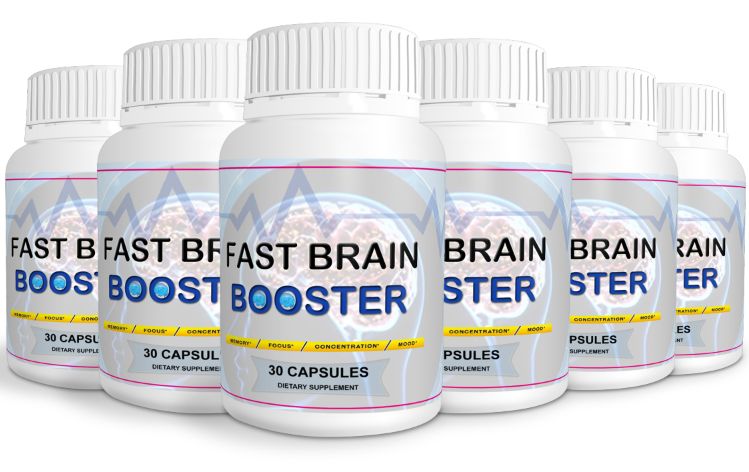Understanding Alzheimer’s Disease
1. What is Alzheimer’s Disease: Causes and Symptoms
Alzheimer’s Disease is a progressive neurological disorder that affects memory, thinking skills, and eventually the ability to carry out simple tasks. The causes of Alzheimer’s are not fully understood, but it is believed to be a combination of genetic, lifestyle, and environmental factors. Symptoms include memory loss, confusion, difficulty with familiar tasks, and changes in mood and personality.2. Stages of Alzheimer’s Disease: Impact on Quality of Life
Alzheimer’s Disease progresses through several stages, starting with mild forgetfulness and eventually leading to severe memory loss and cognitive decline. As the disease advances, individuals may require full-time care and assistance with daily activities, impacting their quality of life and independence.Managing Alzheimer’s Disease Symptoms
1. Medication and Therapy Options for Alzheimer’s Patients
When it comes to managing Alzheimer’s Disease symptoms, medication and therapy play a crucial role. Medications such as cholinesterase inhibitors and memantine are commonly prescribed to help improve cognitive function and manage symptoms. Additionally, therapy options like cognitive stimulation therapy and reminiscence therapy can have a positive impact on memory and overall well-being for Alzheimer’s patients.2. Caregiver Support and Resources for Quality of Life Improvement
Quality of life for individuals with Alzheimer’s can significantly benefit from caregiver support and available resources. Caregivers play a vital role in providing emotional support, assisting with daily activities, and ensuring a safe environment. Support groups, respite care programs, and educational resources can also enhance the well-being and overall quality of life for both the patient and the caregiver.Enhancing Quality of Life for Alzheimer’s Patients
Cognitive Stimulation Activities and Memory Exercises
Quality of life for Alzheimer’s patients can be enhanced through engaging cognitive stimulation activities and memory exercises. These activities can help maintain cognitive function, stimulate the brain, and improve memory retention.Nutrition and Physical Activities for Better Quality of Life
Nutrition and physical activities play a crucial role in improving the quality of life for individuals with Alzheimer’s. A balanced diet rich in nutrients and regular physical exercise can help manage symptoms, enhance overall well-being, and promote a healthier lifestyle.Creating a Safe Environment for Alzheimer’s Patients
1. Home Safety Tips and Modifications
Ensuring a safe environment is paramount for Alzheimer’s patients. Implementing home safety tips such as removing hazards, installing grab bars, and using color-coded labels can prevent accidents and promote independence within the home.2. Technology and Tools for Alzheimer’s Patients’ Quality of Life
Incorporating technology and tools can significantly improve the quality of life for Alzheimer’s patients. Simple aids like medication reminders, GPS tracking devices, and smart home technology can enhance safety, memory retention, and overall well-being for individuals living with Alzheimer’s.
Emotional Well-being and Mental Health
Coping Strategies for Alzheimer’s Patients and Caregivers
Ensuring emotional well-being is vital for both Alzheimer’s patients and their caregivers. Coping strategies such as maintaining a routine, engaging in activities that bring joy, and practicing mindfulness can help reduce stress and anxiety. For caregivers, seeking respite care, setting realistic expectations, and joining support groups are crucial in managing the challenges that come with providing care to loved ones with Alzheimer’s.Support Groups and Counseling Services for Emotional Health
Support groups and counseling services play a significant role in promoting emotional health for Alzheimer’s patients and caregivers. Connecting with others who are going through similar experiences can provide a sense of community and understanding. Professional counseling offers a safe space to express emotions, learn coping mechanisms, and receive guidance on navigating the complexities of Alzheimer’s care.
Facebook
Twitter
LinkedIn






